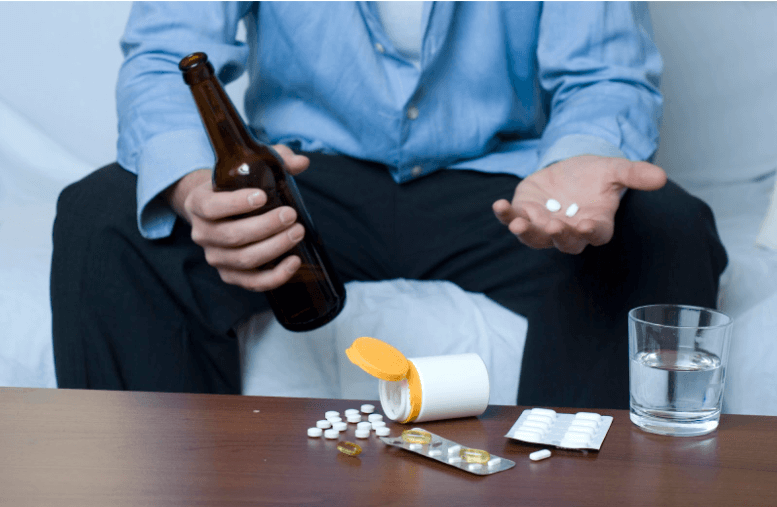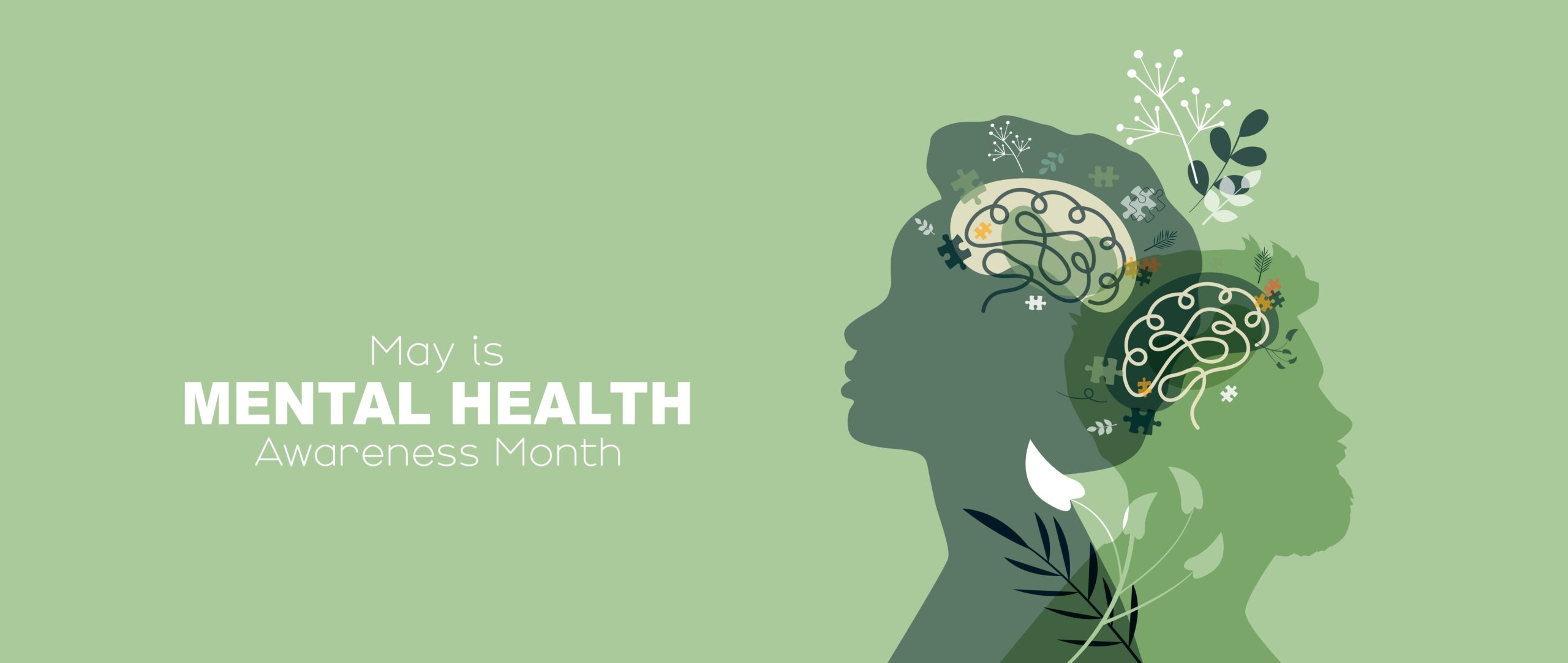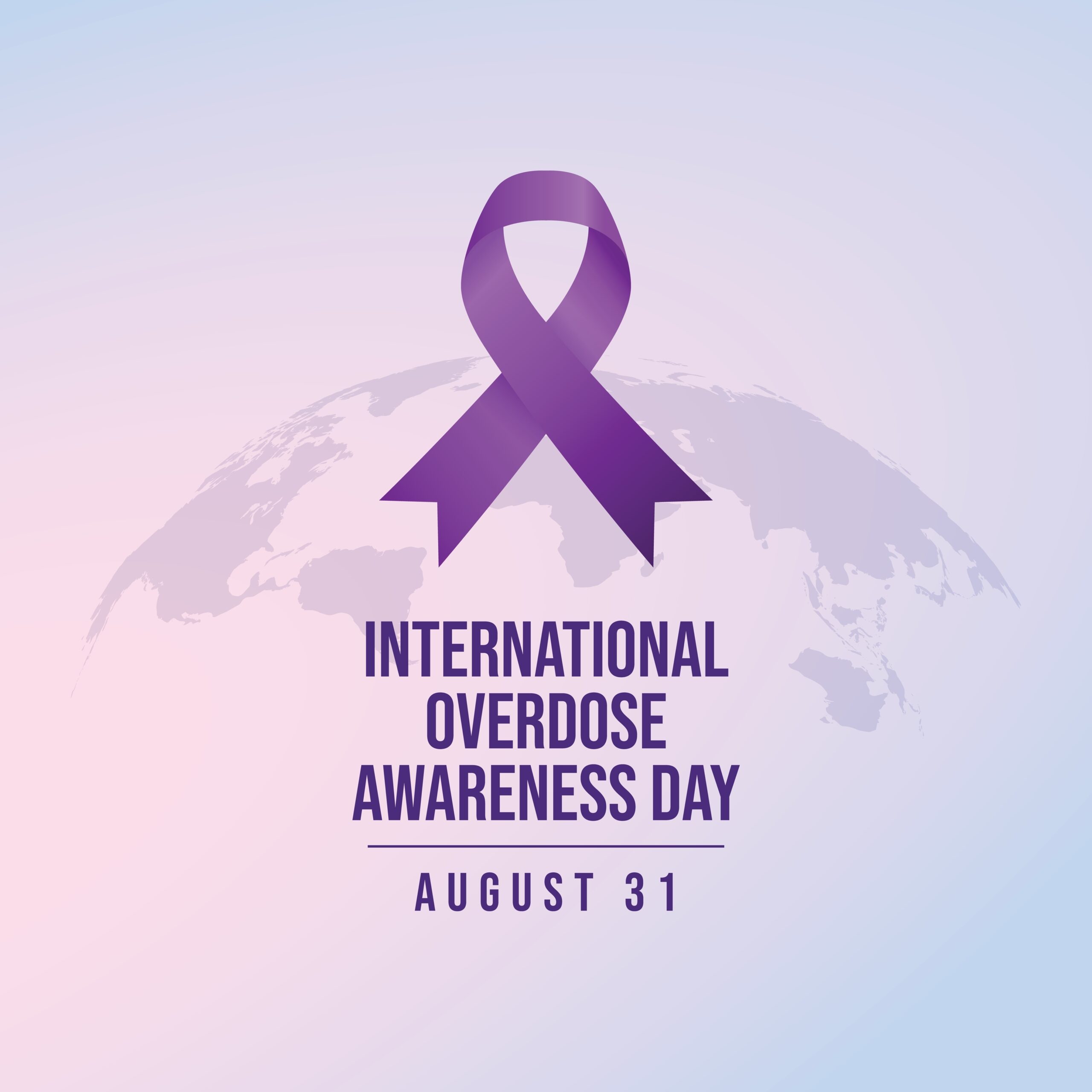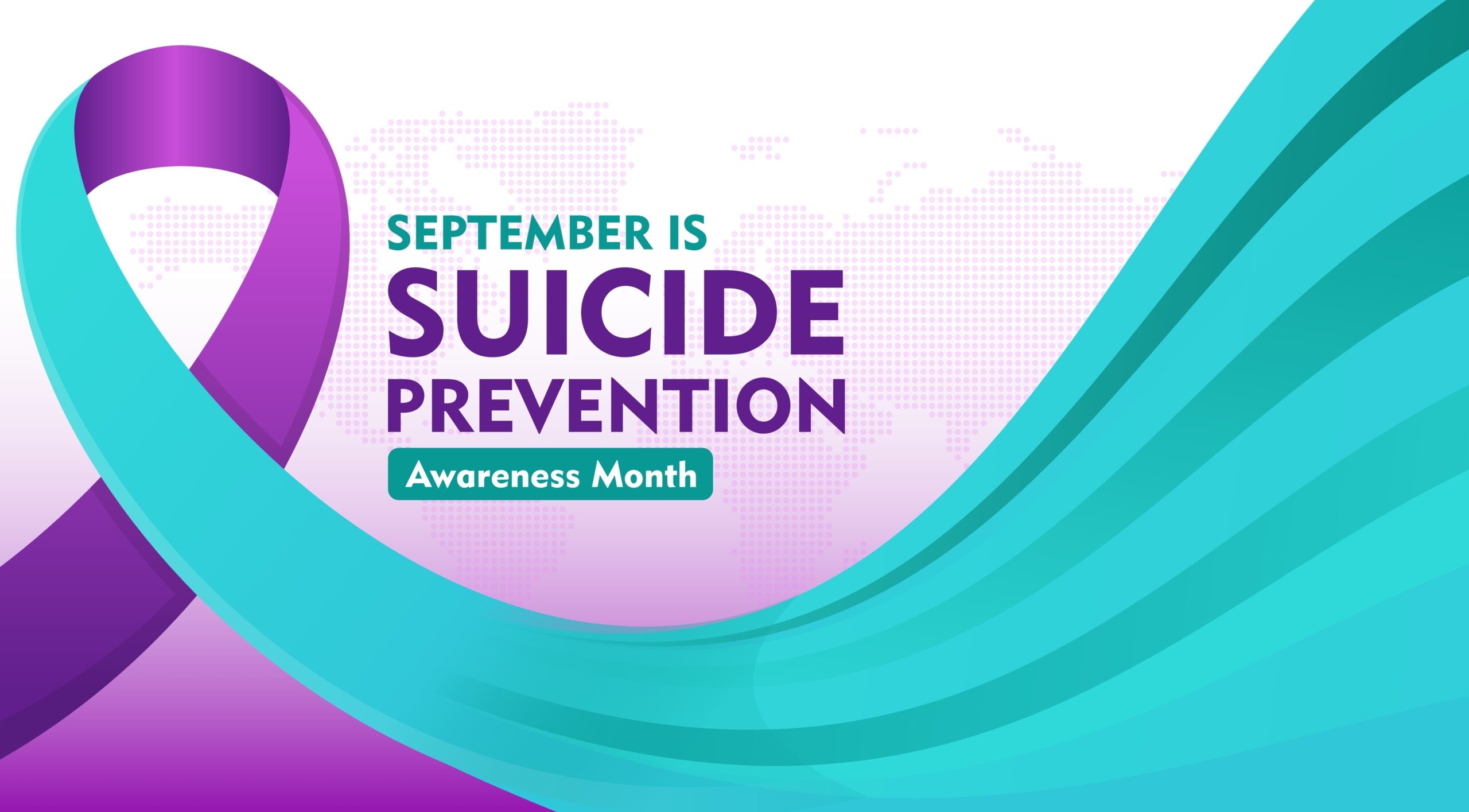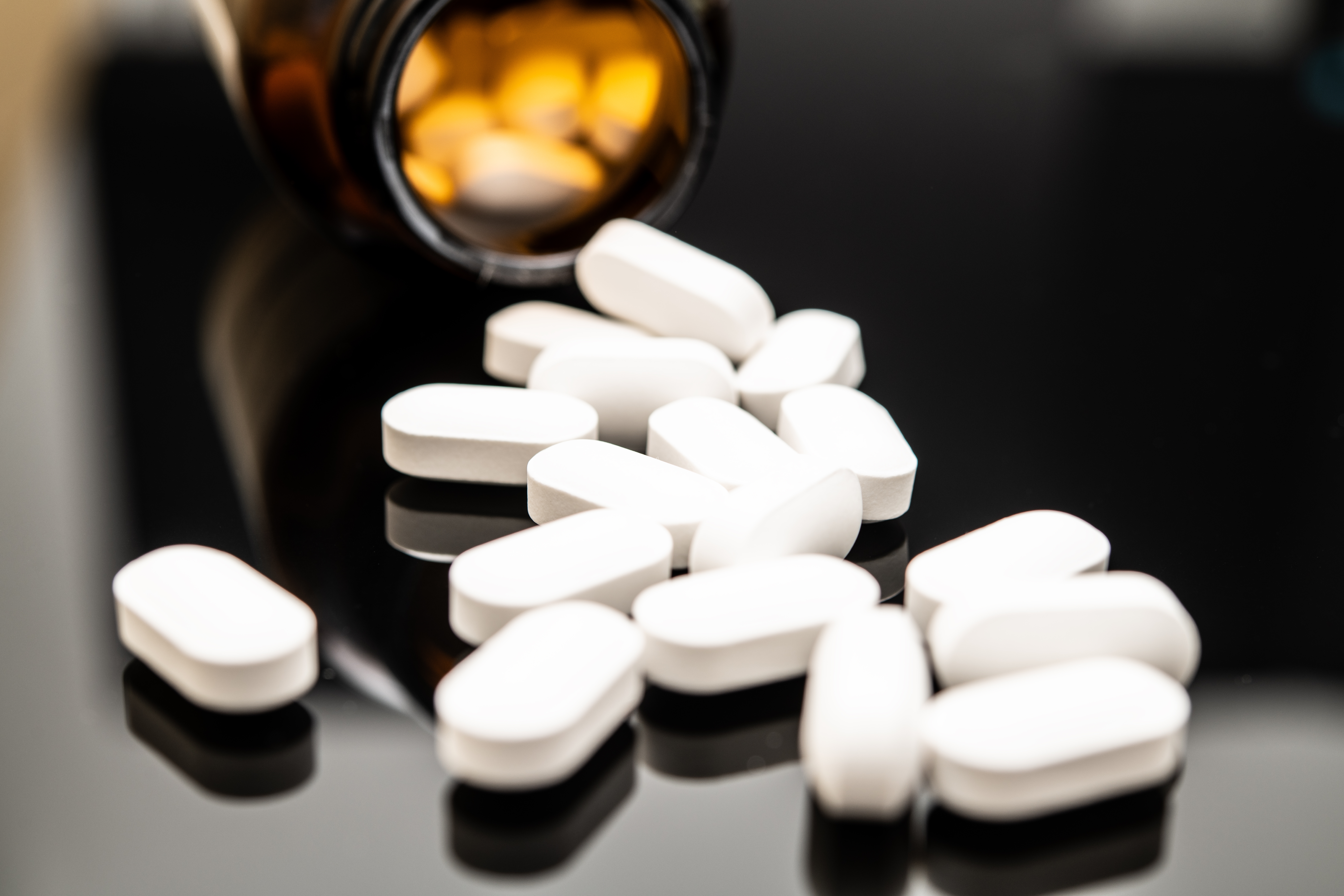It can be a deeply painful and confusing experience to watch someone you care about change before your eyes, suspecting that substance use may be the cause. You may notice subtle shifts in their behavior at first, followed by more significant and alarming changes that disrupt their life and the lives of those around them.
For family members, friends, therapists, and doctors, recognizing the signs of substance use is the first, crucial step toward helping someone get the support they need. The path to a substance use disorder is often gradual, and understanding its nature and manifestations is essential for effective intervention.
Today we’ll explore the definitions and stages of substance use, detail the most common warning signs, and explain how professional substance use treatment can create a supportive environment for healing. For those in Frisco, Texas, and beyond, knowing what to look for can empower you to act and open the door to recovery for your loved one.
What is Substance Use?
Before identifying the signs of a problem, it’s important to answer the question, “What is substance use?” In the broadest sense, it refers to the consumption of any psychoactive compound, including alcohol, illicit drugs, or prescription medications.
Use can range from experimental to casual to regular. However, when the use of these substances begins to have negative consequences in a person’s life and they continue to use them anyway, it transitions into substance misuse. This misuse can then escalate into a more severe condition. This progression is what concerns families and healthcare professionals, as it marks the path toward a diagnosable disorder.
What Are The Stages of Substance Use?
The journey from initial use to a full-blown dependency is rarely instantaneous. Understanding what are the stages of substance use can help you identify how far a problem has progressed. While the experience is unique to each individual, it generally follows a pattern:
- Experimentation/Initial Use: This stage is often driven by curiosity or peer pressure. The use is infrequent, and the individual may not experience significant negative consequences.
- Regular or Social Use: In this stage, substance use becomes more frequent and integrated into the person’s social life. They may use every weekend or in specific social settings. The primary motivation is often the feeling or effect the substance produces.
- Problematic or Risky Use: Here, the negative consequences begin to appear. The individual may experience problems at work or school, conflicts in relationships, financial difficulties, or legal issues (like a DUI) related to their substance use, but they continue to use despite these issues.
- Dependence: At this stage, the individual has developed a tolerance, meaning they need more of the substance to achieve the desired effect. They will also experience withdrawal symptoms if they try to stop. Their body and brain have adapted to the presence of the substance.
- Substance Use Disorder (Addiction): This is the most severe stage, characterized by compulsive use, an inability to control intake, and continuing to use despite catastrophic consequences. The person’s entire life begins to revolve around obtaining, using, and recovering from the substance.
Most Common Signs of Substance Use In Loved Ones
Recognizing the signs of a developing substance use disorder requires paying close attention to changes in a person’s behavior, mood, and physical appearance. These signs can vary depending on the substance being used, but many are universal.
Mood Swings and Emotional Volatility
One of the most noticeable signs is dramatic shifts in mood. Your loved one might be euphoric or irritable one moment and depressed or anxious the next. These swings are often linked to the cycle of intoxication and withdrawal. You may also notice a general increase in irritability, agitation, or a lack of motivation that is out of character.
Changes in Weight and Physical Appearance
Substance use takes a heavy toll on the body. Stimulants like cocaine or methamphetamine can cause significant weight loss and a lack of appetite, while alcohol or marijuana can lead to weight gain. Beyond weight, you might notice a decline in personal hygiene, bloodshot eyes, dilated or constricted pupils, or a generally unwell or rundown appearance.
Memory Loss and Cognitive Issues
Chronic substance use can impair cognitive function. This may manifest as short-term memory loss, confusion, or difficulty concentrating. Your loved one might forget conversations you recently had or struggle to follow the plot of a movie. These cognitive slips can be a direct result of the substance’s effect on the brain. Is substance use disorder a disease? The medical community overwhelmingly says yes, as it physically changes brain structure and function, leading to these cognitive symptoms.
Financial Problems, Stealing, and Lying
A growing dependency costs money. Unexplained financial trouble is a major red flag. This can start with frequently borrowing money and escalate to selling personal possessions, draining savings accounts, or even stealing money or valuables from family and friends to fund their habit. Lying becomes a constant companion to these behaviors, used to cover up the substance use and the actions taken to support it.
Being Secretive and Withdrawing Socially
As the substance use progresses, the individual’s world shrinks. They may become increasingly secretive, hiding their activities and whereabouts. They often withdraw from family events and lose interest in hobbies they once enjoyed. You may notice they have a new circle of friends and have cut ties with old ones who might question their behavior. This isolation is a common feature of many substance use disorders.
It’s also important to understand what is the most common type of substance use disorder. According to national health data, alcohol use disorder is the most prevalent, followed closely by disorders related to cannabis and prescription opioids.
Support Your Loved Ones With Aspire Recovery Center
If the signs we explored here feel painfully familiar, please know that you are not alone and that recovery is possible. Recognizing the warning signs of substance use in a loved one is the first, brave step on the path to healing. While the journey is challenging, professional help can provide the structure, expertise, and support needed to navigate it successfully.
Watching a loved one struggle with a substance use disorder can feel overwhelming and hopeless. It is a complex disease that affects the entire family unit. The primary goal of treatment is not simply to stop the substance use but to address the underlying causes and equip the individual with the tools for a lifetime of recovery. So, what is the primary goal of substance use treatment? It is to help individuals achieve and maintain sobriety, improve their health and wellness, and live self-directed, productive lives.
For those in the Frisco community, Aspire Recovery Center offers a beacon of hope. As one of the leading substance use treatment centers in the area, Aspire provides nationally-accredited, evidence-based outpatient care. We understand that recovery is not a one-size-fits-all process. Our substance use treatment programs are specifically designed to promote healing and personal growth in a supportive, non-judgmental environment.
We specialize in Intensive Outpatient Programs (IOP) that allow individuals to receive structured, intensive therapy while still living at home and managing their daily responsibilities. This approach is highly effective for adults who do not require medical detoxification or 24-hour supervision. Furthermore, we recognize that addiction impacts the whole family. That’s why we offer family group sessions designed to heal relationships, improve communication, and create a strong support system at home, which is vital for long-term success.
Don’t wait for the problem to get worse. If you are concerned about a friend, family member, or yourself, contact Aspire Recovery Center of Frisco today. Let our compassionate team of experts help you understand your options for outpatient substance use treatment and begin the journey toward a healthier, brighter future.
Frequently Asked Questions
Q. What is substance use disorder?
What is substance use disorder? It is a medical condition characterized by the compulsive use of a substance despite harmful consequences. It involves a pattern of behaviors that lead to significant impairment or distress and is considered a chronic brain disease.
Q. Is substance use disorder a disease?
Yes, major medical associations, including the American Medical Association and the World Health Organization, classify substance use disorder as a disease. Chronic use of substances physically alters brain circuits involved in reward, stress, and self-control, which explains the compulsive nature of the condition.
Q. What is the most common type of substance use disorder?
Alcohol use disorder is the most common type of substance use disorder in the United States and worldwide. Following alcohol, disorders related to tobacco, cannabis, and opioids are also highly prevalent.



